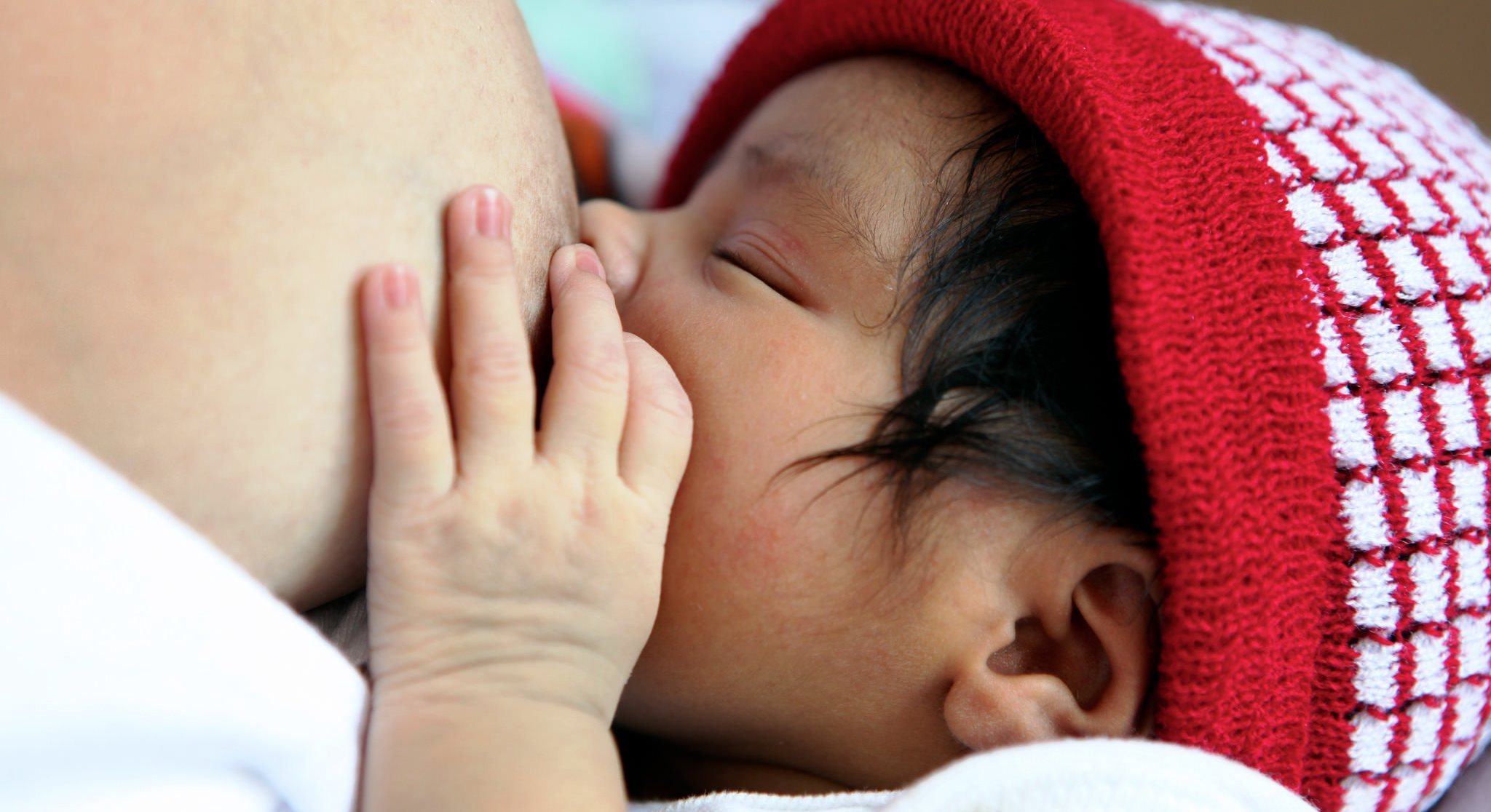Exclusive breastfeeding of infants prevents infants’ mortality, and the risk of women dying from cancer is reduced in mothers who breastfeed their babies, according to a new joint report by the World Health Organization (WHO) and the United Nations Children’s Emergency Fund (UNICEF).
“No country in the world fully meets recommended standards for breastfeeding,” according to the report by WHO and UNICEF in collaboration with the Global Breastfeeding Collective, a new initiative to increase global breastfeeding rates.
TheNewsGuru reports that a Global Breastfeeding Scorecard, which evaluated 194 nations, found that only 40 per cent of children younger than six months are breastfed exclusively (given nothing but breast milk) and only 23 countries have exclusive breastfeeding rates above 60 per cent.
And according to the report by WHO and UNICEF, “Evidence shows that breastfeeding has cognitive and health benefits for both infants and their mothers.
“It is especially critical during the first six months of life, helping prevent diarrhoea and pneumonia, two major causes of death in infants.
“Mothers who breastfeed have a reduced risk of ovarian and breast cancer, two leading causes of death among women.
Dr. Tedros Adhanom Ghebreyesus, Director-General of WHO said, “Breastfeeding gives babies the best possible start in life”.
“Breastmilk works like a baby’s first vaccine, protecting infants from potentially deadly diseases and giving them all the nourishment they need to survive and thrive,” the WHO DG further stated.
TNG reports that the scorecard was released at the start of World Breastfeeding Week alongside a new analysis demonstrating that an annual investment of only US$4.70 per newborn is required to increase the global rate of exclusive breastfeeding among children under six months to 50 per cent by 2025.



